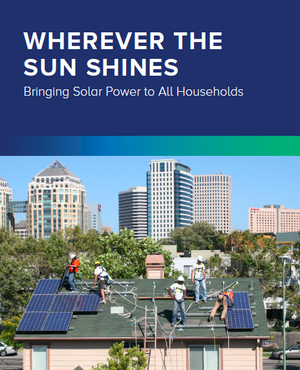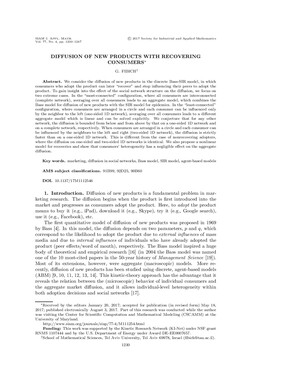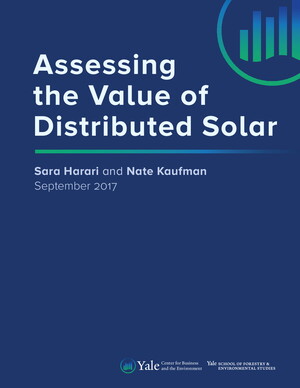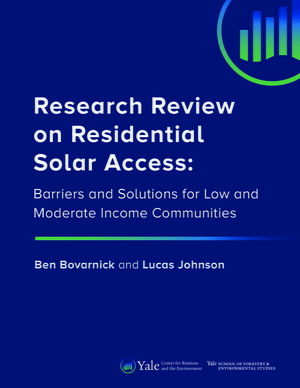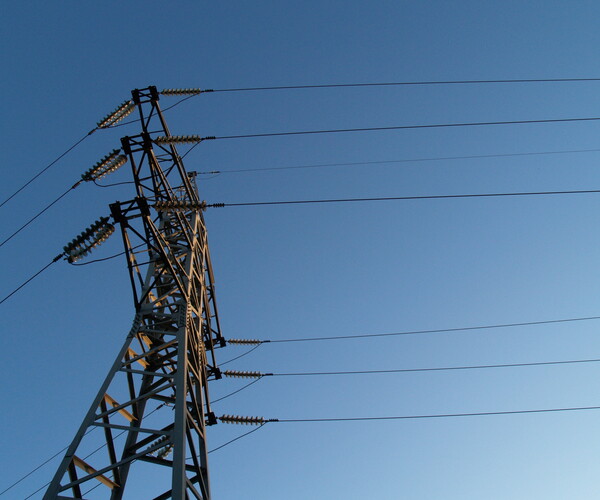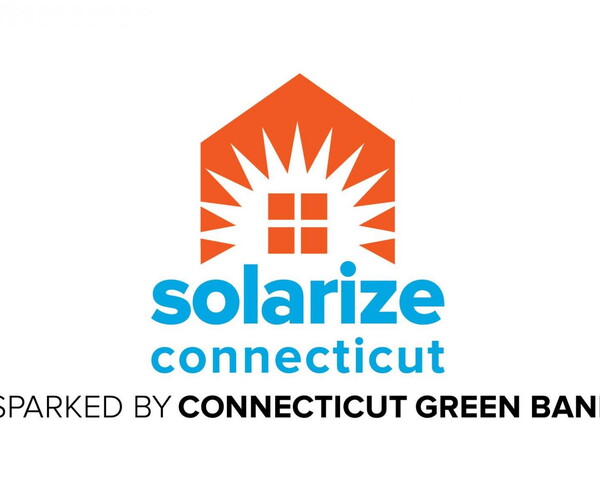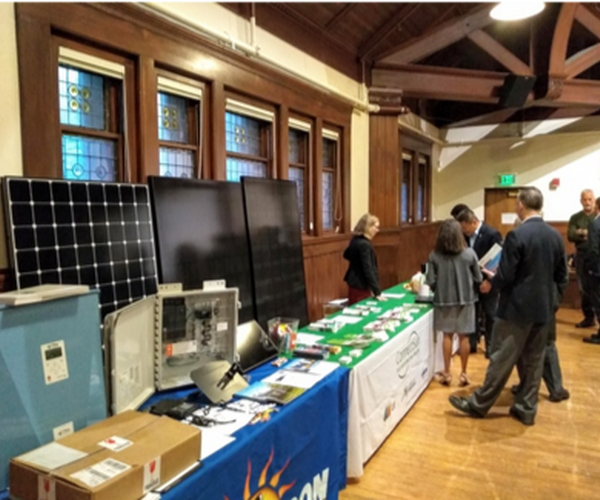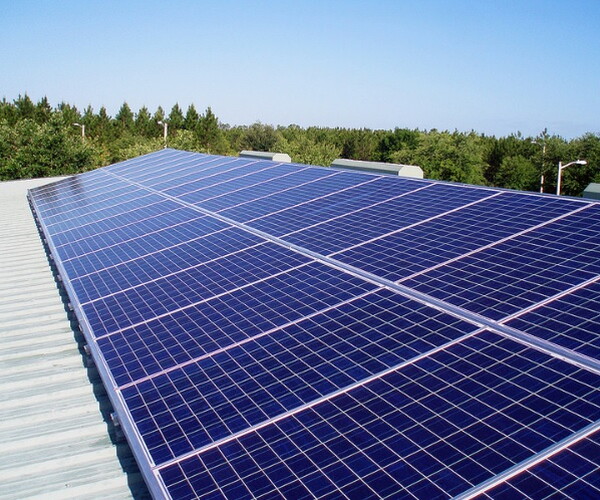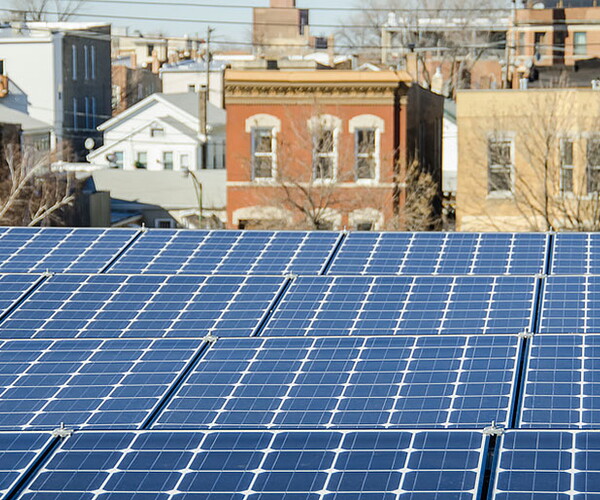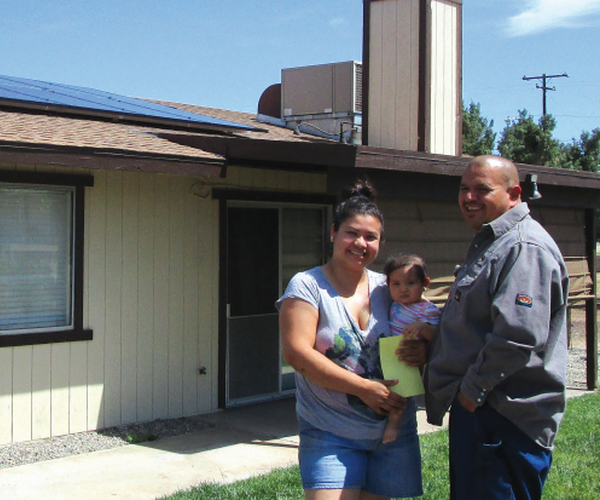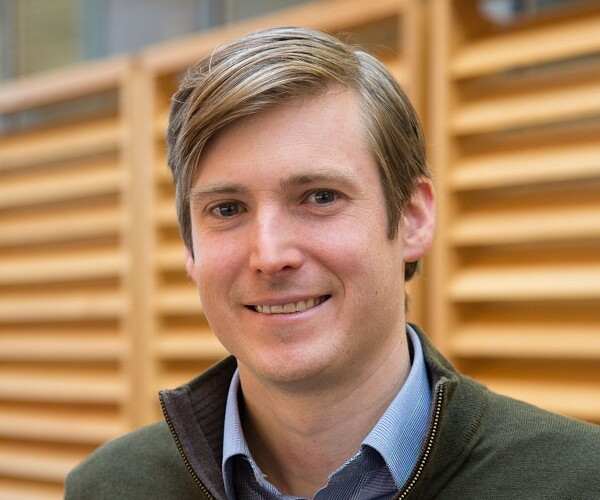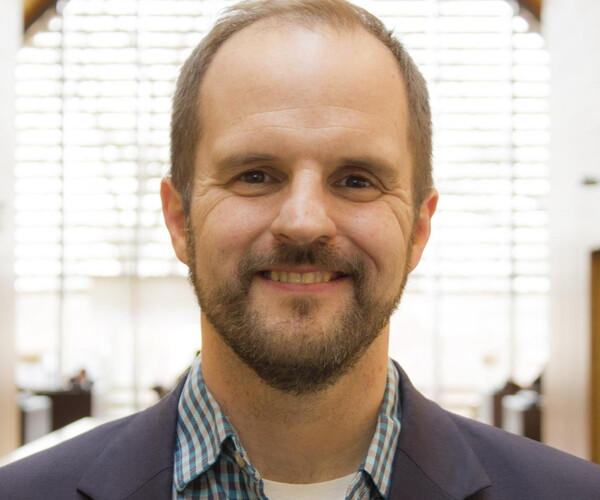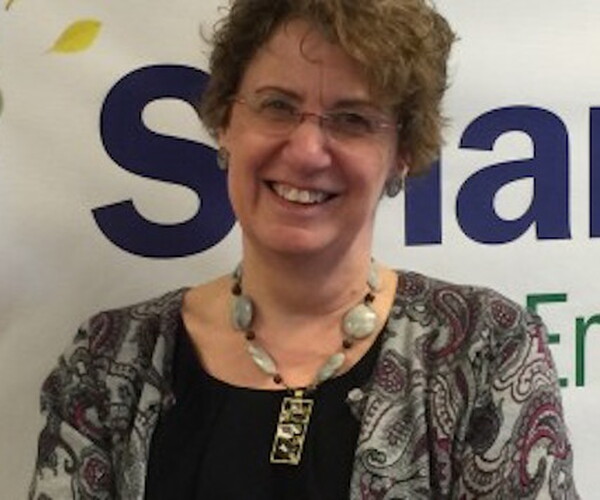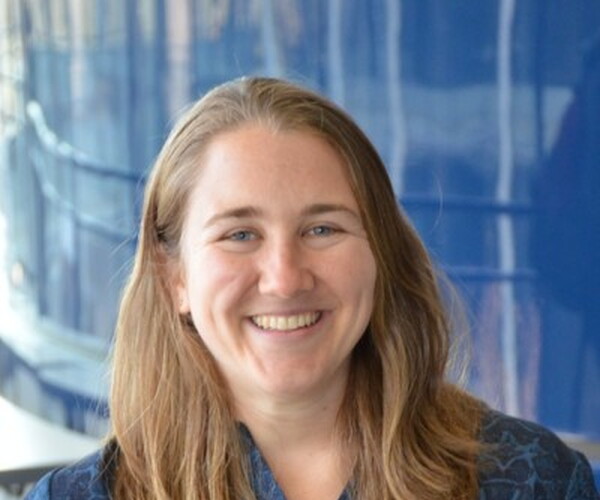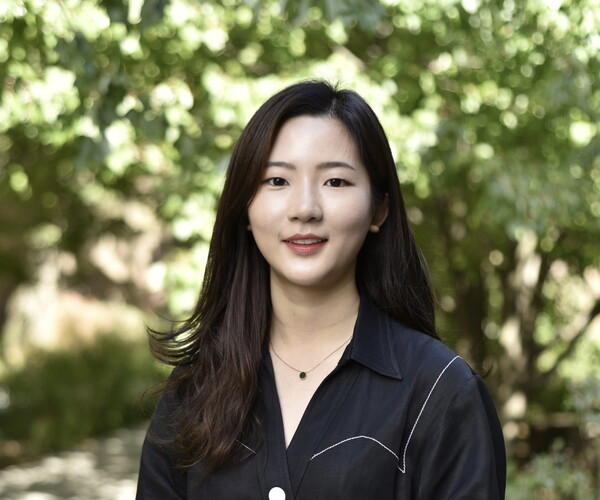Solar Energy Evolution and Diffusion Among Low- and Middle- Income Households (SEEDS II)
Building on findings from research on strategies that moved the needle on rooftop solar installations, Yale is working with partner organizations to explore ways to broaden the appeal of solar power to a mass market, including low- and moderate-income households.
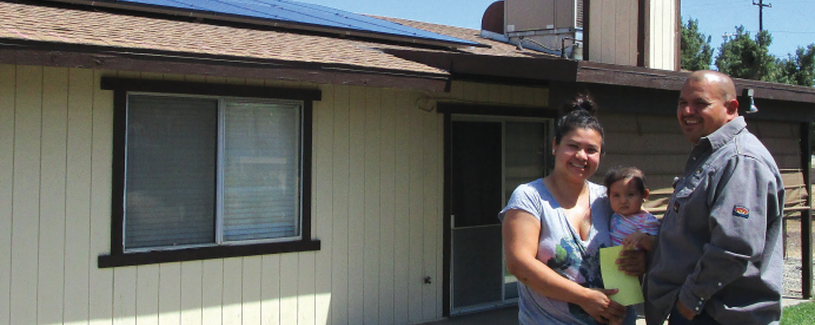
Building from recent research testing strategies and messages that are most conducive to solar adoption, this new project seeks to develop more effective ways to communicate with low- and moderate-income (LMI) communities about solar.
Defined as annual household income below $50,000 and between $50,000-$75,000, respectively, LMI communities forego solar for any number of reasons—financing issues, lack of access to capital, limited information, the complexities associated with installations on multi-family dwellings, low homeownership rates. We are interested in how peer-to-peer and on-the-ground community campaigns might be applied to overcome these challenges.
This project is funded by the U.S. Department of Energy SunShot Initiative.
About the Partnership
The project is funded by the DOE’s Solar Energy Evolution and Diffusion Studies (SEEDS) program and will involve several partners, including:
- Yale School of Forestry & Environmental Studies
- Duke University
- Tel Aviv University
- Yale Center for Business and the Environment (CBEY)
- Connecticut Green Bank
- New York State Energy Research and Development Authority (NYSERDA)
- SmartPower, a social marketing firm;
- MySunBuddy, an online marketplace that connects solar owners with solar buyers
About the SunShot Initiative
The U.S. Department of Energy SunShot Initiative is a national effort to drive down the cost of solar electricity and support solar adoption. SunShot aims to make solar energy a low cost electricity source for all Americans through research and development efforts in collaboration with public and private partners. Learn more at energy.gov/sunshot.
The Guidebook
In the News
Academic Publications
More Academic Publications
Fibich, G. (2017). Diffusion of new products with recovering consumers. SIAM Journal on Applied Mathematics, 77(4), 1230-1247. https://doi.org/10.1137/17M1112546
Kraft-Todd, G. T., Bollinger, B., Gillingham, K., Lamp, S., & Rand, D. G. (2018). Credibility-enhancing displays promote the provision of non-normative public goods. Nature, 563(7730), 245-248. https://doi.org/10.1038/s41586-018-0647-4
Carattini, S., Peclat, M., Baranzini, A. (2018) Social Interactions and the Adoption of Solar PV: Evidence from Cultural Borders, Reject & Resubmit at Journal of Environmental Economics & Management, LSE Working Paper 339. http://www.lse.ac.uk/GranthamInstitute/publication/social-interactions-and-the-adoption-of-solar-pv-evidence-from-cultural-borders/
Spencer, G., Carattini, S., & Howarth, R. B. (2019). Short-term interventions for long-term change: spreading stable green norms in networks. Review of Behavioral Economics, 6(1), 53-93. http://dx.doi.org/10.1561/105.00000095
Fibich, G., Levin, T., & Yakir, O. (2019). Boundary effects in the discrete bass model. SIAM Journal on Applied Mathematics, 79(3), 914-937. https://doi.org/10.1137/18M1163646

